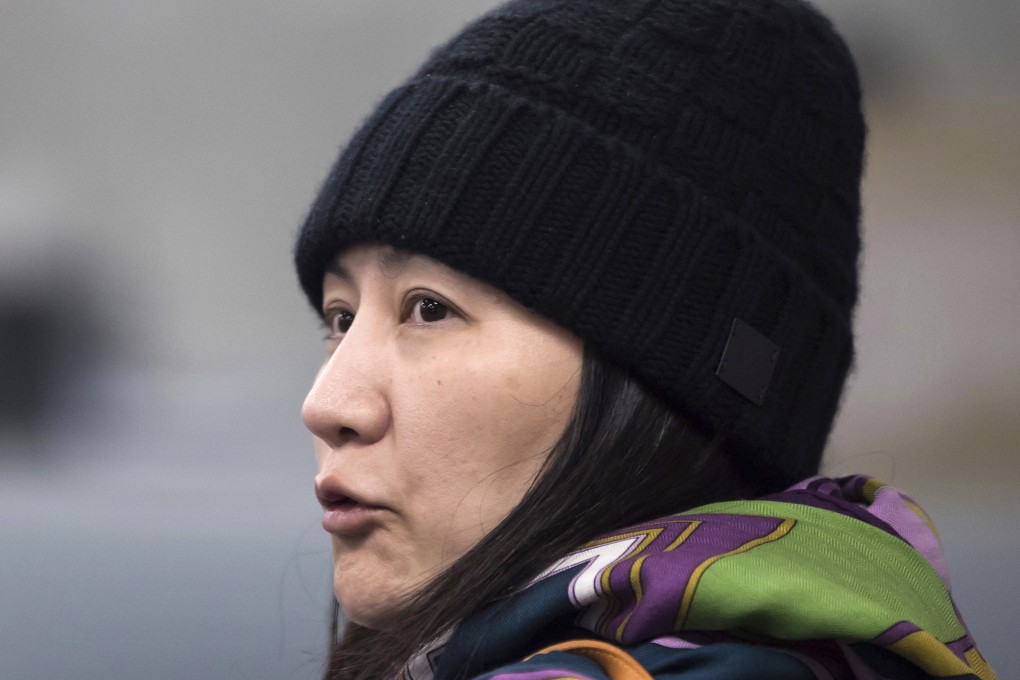Huawei CFO Meng Wanzhou’s extradition case will go ahead, Canada says after ‘thorough review of evidence’
- A “thorough and diligent review of the evidence” determined a case for Meng’s extradition could be presented to a judge, Canadian officials said

This story was co-produced in a content partnership with POLITICO. It was originally reported by Steven Overly and SCMP’s Wendy Wu on politico.com on March 1, 2019.
Canada said on Friday it would launch proceedings to extradite a top executive of Chinese telecom giant Huawei to the United States – setting the stage for a lengthy diplomatic dust-up among the three countries and threatening to throw a wrench into US-China trade talks.
The Justice Department has accused Huawei’s chief financial officer, Meng Wanzhou, of violating US sanctions against Iran by deliberately misleading banks about the company’s business dealings there. Meng is the daughter of Huawei’s founder, Ren Zhengfei.
Canadian officials conducted a “thorough and diligent review of the evidence” and determined it was sufficient to present the case to a judge for extradition, the Canadian Justice Department said in a news release. The move does not reflect a judgement that Meng is either guilty or innocent, the government said.
The case has stoked tensions among the US, Canada and China since Meng was arrested in December during a layover at Vancouver’s international airport.
The Canadian government’s decision to move forward with the extradition process injects new drama into the US-China trade talks at a time when the Trump administration is trying to wrap up negotiations on a deal.